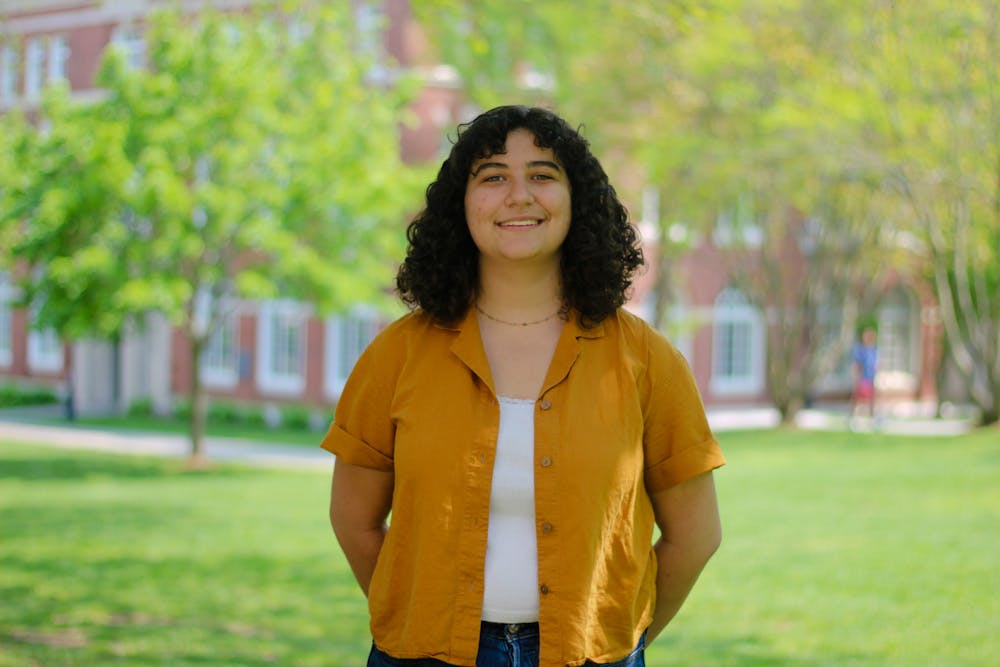College is the time to find yourself — at least that’s what movies tell us.
But reality is not often like what we see on the silver screen. While I wish that my time on College Hill had a nicely wrapped message like the American coming-of-age films I grew up watching, the truth is that trying to find yourself is really hard.
During my first year, I did the classic freshman things. I shopped an unnecessary number of classes, signed up for half of the clubs the University offers, and went to the fully-packed ice cream social. I spent half of my time on Courses@Brown browsing courses for the next four years and proclaimed my dedication to different concentrations every time I introduced myself to a new face.
While I was embracing Brown’s ethos — exploring different fields and trying to find my true passion — I was also terrified.
I remember the first summer — or winter for the US — back in my hometown of Maringa, Brazil, constantly feeling a strange disconnect with my friends and family when talking about my first semester. They had less enthusiasm for my exploration — instead, my myriad new interests seemed to worry them. When I asked one of my high school best friends about this, she said something like: “It wasn't like you to pursue something like this.” Most echoed this, saying that my new interests felt out of character.
In part, I couldn’t blame them for being confused.
Before leaving for Brown, I talked about how I was excited for philosophy classes, wanted to be a psychology concentrator and thought about continuing theater as an extracurricular. Now that I was home, I hated my psychology classes and loved my introductory computer science classes — despite my hatred for math — and was passionately writing headlines for The Brown Daily Herald on issues in Rhode Island no one from Maringa had ever heard of.
Ultimately, I didn’t have a concrete reason for everything I was doing. Most of the time I was trying things out and seeing what stuck. My friends and family back home were shocked that I now enjoyed a subject that I thought I would hate and hated a subject I thought I would love, with little explanation from me. The truth is I was shocked too.
That is what makes “finding yourself” so hard. It’s not just about finding out who you are, but also letting go of who you expected yourself to be. While you’re becoming a new person, you are also morphing into something of a stranger to yourself and those who have always known you.
Since I was attending school in a foreign country a world away from Maringa, keeping hold of my identity seemed as important as ever. I wanted to explore new passions and interests without losing touch with who I used to be. And for a long time, I held onto the idea that everything would sort itself out: I would eventually become an upperclassman and everything would make sense.
But that was not true.
I continued to bounce through and try to balance interests, and even as a graduating senior, I can’t see a world where I will stop doing so. Changing was really hard — but changing also made me happier. While it was hard letting go of who I was and who I thought I was going to be, I am happy with the person that I am becoming.
While I can’t provide a polished quote to dramatically wrap my coming-of-age story, I can say that it hasn’t finished. Finding yourself is an ongoing process — one which is scary and challenging, but will be OK in the end. Real life doesn’t end on a freeze-frame like in “The Breakfast Club,” and that’s nothing to be afraid of.





